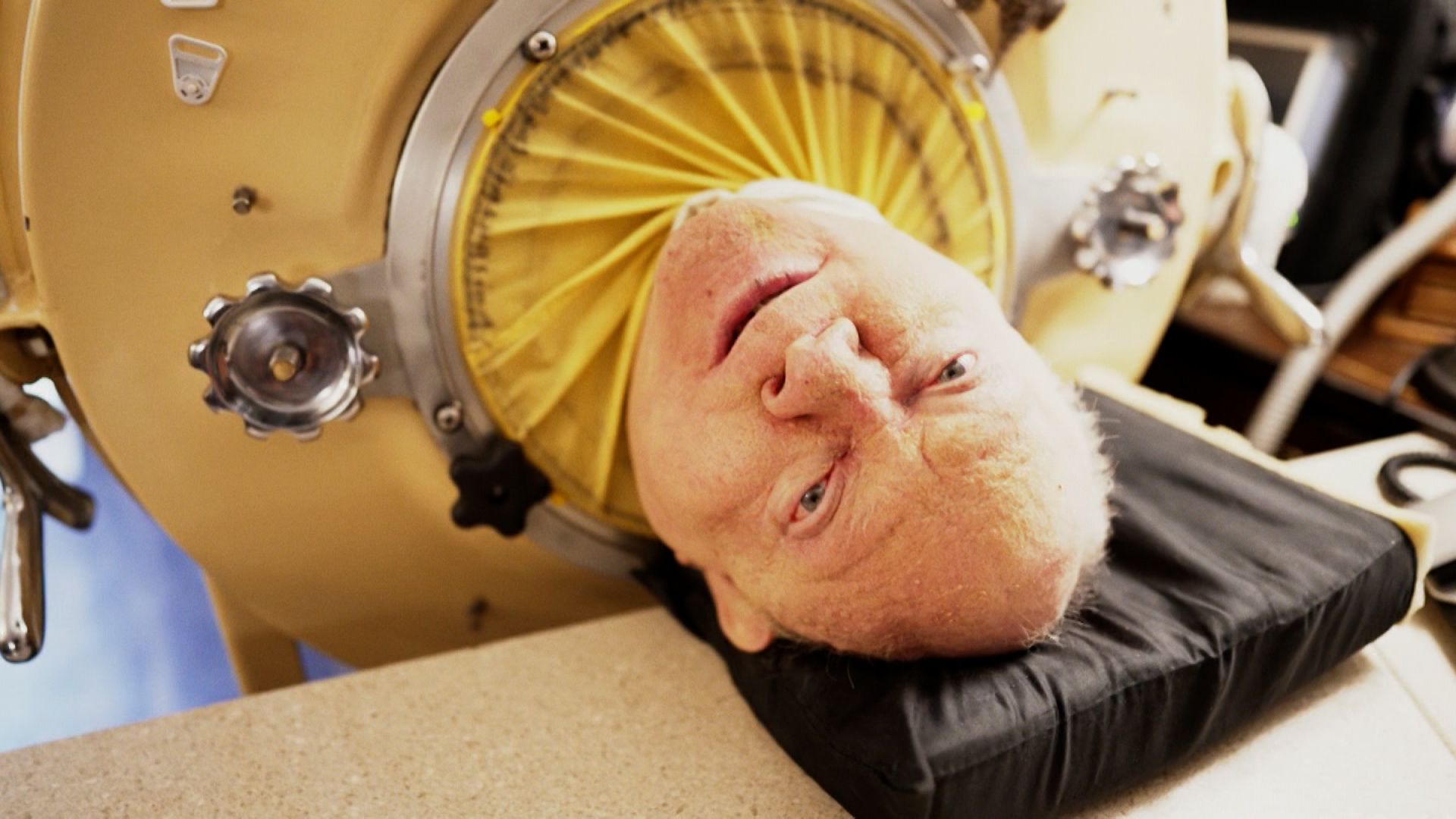The world is on the cusp of a potential health crisis, with the number of Chronic Fatigue Syndrome (CFS) patients expected to double due to the long-term effects of the COVID-19 pandemic. But there is a beacon of hope as scientists have now identified possible biomarkers that could revolutionize the diagnosis and treatment of this debilitating condition.

CFS, also known as Myalgic Encephalomyelitis (ME/CFS), is a severe multisystemic disease that often leads to a high degree of disability. With 60 percent of patients unable to work full-time and 25 percent bedridden, the urgency for effective diagnosis and treatment is paramount. The exact causes of the disease have remained a mystery, and the lack of measurable parameters, or biomarkers, has made diagnosis a challenge. However, groundbreaking research by Eva Untersmayr-Elsenhuber and her team from MedUni Vienna’s Center for Pathophysiology, Infectiology and Immunology is changing the landscape.
The study builds on earlier research on immune disorders and the intestinal barrier function in ME/CFS patients. It reveals that these patients can be divided into subgroups based on their immune system function. The team identified various biomarkers that indicate immune system disorders or reduced intestinal barrier function. This discovery is crucial as it allows for the differentiation of ME/CFS patients in ways that were previously undetectable. “In our study, we see that the immunological evaluation of ME/CFS patients is of crucial importance,” explains Untersmayr-Elsenhuber. This stratification could lead to more tailored and effective treatment approaches.
The implications of this research are vast. With the establishment of the first ME/CFS Biobank in Austria, supported by the WE&ME Foundation, there is a newfound optimism. The “ME/CFS Biobank Austria” will collect human samples for future research, facilitating rapid and transnational research efforts. Collaboration with research groups in the UK, the Netherlands, and Germany ensures a concerted effort in tackling this syndrome.
The study, published in the Journal of Clinical Medicine, titled Immunological Patient Stratification in Myalgic Encephalomyelitis/Chronic Fatigue Syndrome, is a testament to the dedication of researchers in the field. The findings are a significant step forward in understanding and managing a condition that affects more females than males and is more common in middle-aged individuals. Symptoms such as sensitivity to light, headaches, tender lymph nodes, and muscle and joint pain can be incapacitating. With the severe and chronic tiredness lasting for more than six months, and the condition worsening with physical or mental activity, the need for effective treatment options is critical.
Currently, treatment for CFS is symptomatic, with vitamin supplements, medicines, and psychotherapy being used to alleviate symptoms. However, with the identification of these biomarkers, there is hope for more specific treatments that address the underlying causes of the syndrome. As the world grapples with the aftermath of the COVID-19 pandemic and the potential surge in CFS cases, this research is a beacon of light for patients and healthcare providers alike.
The discovery of biomarkers for ME/CFS is a monumental stride in the fight against this syndrome. It promises a future where diagnosis is precise, treatment is effective, and patients can reclaim their lives from the clutches of chronic fatigue. As we await further research and validation of these findings, the ME/CFS community can hold onto the promise of a brighter, more energetic tomorrow.
Related posts:
MedUni Vienna scientists identify possible biomarkers for chronic fatigue syndrome.aspx
Long COVID: major findings, mechanisms and recommendations
Long COVID Isn’t the Only Post-Viral Illness





